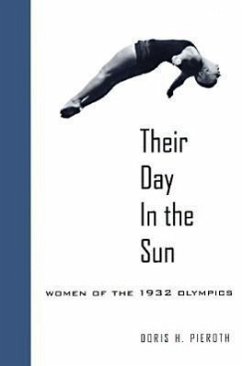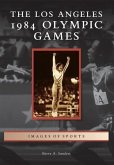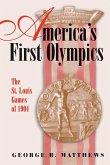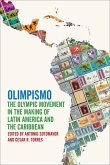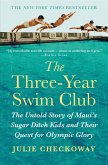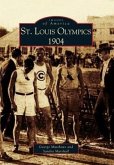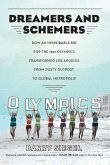The 1932 Olympic games took place in Los Angeles in the depths of the Great Depression; that they were held at all falls barely short of miraculous. The United States sent thirty-seven women to compete - seventeen swimmers, seventeen track and field athletes, and three fencers. It was not easy, and far from acceptable, for a woman to be an athlete in 1932. As late as April 1931 the International Olympic Committee seriously considered eliminating women's events. The young Americans did their part to capture the imagination of spectators and reporters. Through the sports press they catapulted the Olympic Games and women's athletics into the nation's consciousness as never before. Doris Pieroth creates vivid portraits of the women, including the great Babe Didrikson the confident and outspoken track and field star, Tidye Pickett, one of only two African American women who represented the United States despite encountering racial discrimination; and Helene Madison, winner of three gold medals in swimming, who returned triumphantly to Seattle's West Green Lake Beach - as a hotdog vendor (park department rules barred women from teaching swimming). Pieroth's account is drawn from interviews with eleven of the women athletes, family members, other Olympians of the era, and witnesses of the 1932 games. She also quotes extensively from contemporary journalists such as Paul Gallico, Westbrook Pegler, and Damon Runyon, whose mixture of condescension, fulsome admiration for the "glamour girl" swimmers, and genuine, if sometimes grudging, admiration for the accomplishments of the athletes provides an intriguing view of the stereotypes these Olympic contestants were challenging.

